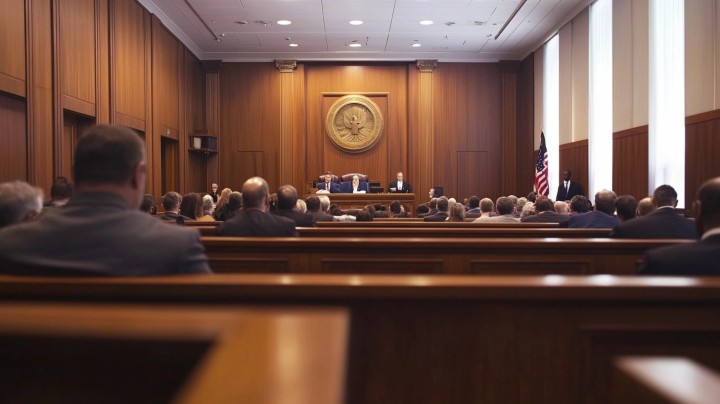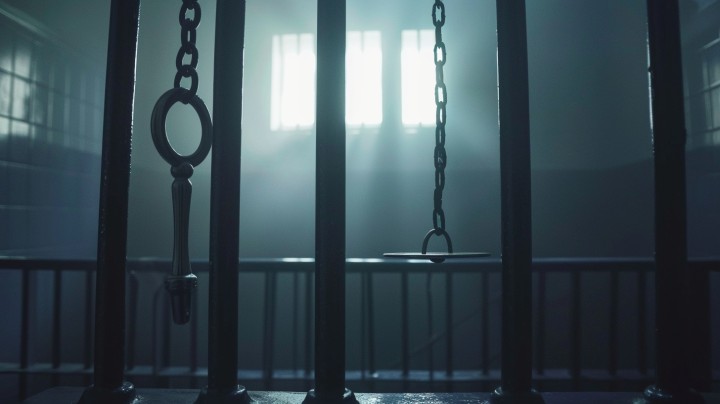What is Pretrial Release?
Pretrial release is a critical concept within the criminal justice system, affecting defendants, victims, and the broader community. Understanding its mechanisms, benefits, and challenges is essential for grasping how justice is administered. In this blog, we’ll delve into the intricacies of pretrial release, exploring its definition, types, and the factors influencing decisions. We will also examine notable legal precedents, provide statistical data, compare international practices, discuss reform movements, and analyze the impact on marginalized communities.
Understanding Pretrial Release
Definition of Pretrial Release
Pretrial release refers to the process by which a defendant is released from custody before their trial, under certain conditions set by the court. This period allows the accused to remain in the community while awaiting their court date, rather than being held in jail.
Importance of Pretrial Release
Pretrial release is crucial for ensuring that individuals are not unjustly detained for extended periods before their guilt or innocence is determined. It upholds the principle of “innocent until proven guilty” and helps prevent overcrowding in jails. Additionally, it allows defendants to maintain their employment, family responsibilities, and access legal counsel more effectively.
Types of Pretrial Release
Recognizance Release
Also known as “release on recognizance” (ROR), this type involves the defendant being released based solely on their promise to appear in court. No bail is required. ROR is typically granted to individuals considered low-risk, who have strong community ties and a minimal criminal record.
Bail Release
Bail is a financial arrangement where the defendant provides money or property as a guarantee for their appearance in court. If the defendant fails to appear, they forfeit the bail amount. Bail can be set in various forms:
- Cash Bail: The full amount is paid in cash.
- Surety Bond: A bail bondsman pays the bail on behalf of the defendant, typically charging a non-refundable fee.
- Property Bond: Property is used as collateral for the bail amount.
Conditional Release
Conditional release involves the defendant agreeing to certain conditions imposed by the court. These conditions may include regular check-ins with a pretrial services officer, curfews, travel restrictions, or participation in treatment programs. This type aims to mitigate the risk of flight and ensure public safety.
Factors Influencing Pretrial Release Decisions
Nature and Severity of the Crime
The severity of the alleged offense plays a significant role in pretrial release decisions. More serious crimes may result in higher bail amounts or denial of bail altogether, as the risk to public safety is deemed greater.
Defendant’s Criminal History
A defendant’s past criminal record is scrutinized to assess their risk of reoffending or failing to appear in court. Those with extensive criminal histories are less likely to be granted lenient release conditions.
Community Ties and Employment
Strong community ties and stable employment are positive factors in pretrial release decisions. They indicate that the defendant has responsibilities and connections that increase the likelihood of complying with court requirements.
Risk Assessment Tools
Many jurisdictions use risk assessment tools to evaluate the likelihood of a defendant appearing in court and not committing new crimes during the pretrial period. These tools consider various factors, such as age, criminal history, and substance abuse, to provide an objective assessment.
Legal Precedents and Case Studies
Example Case: O.J. Simpson
One of the most famous examples of pretrial release in the United States is the case of O.J. Simpson. Despite being charged with serious crimes, Simpson was granted bail, which sparked widespread debate about the fairness and application of pretrial release conditions in high-profile cases.
Benefits of Pretrial Release
Reduction of Jail Overcrowding
Pretrial release helps alleviate the burden on jail systems by reducing the number of individuals held in custody before trial. This, in turn, helps manage overcrowding and associated costs.
Preservation of Defendant’s Rights
By allowing defendants to remain free while awaiting trial, pretrial release upholds the principle of presumed innocence. It ensures that individuals are not punished by prolonged detention before being found guilty.
Facilitation of Case Preparation
Defendants on pretrial release can work more effectively with their legal counsel to prepare their defense. Access to family, work, and resources aids in building a robust case, which can impact the trial’s outcome.
Economic and Social Stability
Remaining out of custody allows defendants to continue working, supporting their families, and fulfilling other responsibilities. This stability can prevent further social and economic disruption caused by pretrial detention.
Challenges and Criticisms of Pretrial Release
Risk to Public Safety
One of the primary concerns about pretrial release is the potential risk to public safety. If released individuals commit new crimes, it can undermine public trust in the justice system.
Inequality in Bail System
The bail system has been criticized for perpetuating inequality. Defendants with financial means can secure their release, while those without resources may remain in custody, regardless of their risk level.
Compliance with Release Conditions
Ensuring that defendants comply with release conditions is challenging. Monitoring and enforcement require significant resources, and non-compliance can result in further legal complications.
Statistical Data on Pretrial Release
According to the Bureau of Justice Statistics, approximately 50% of felony defendants in large urban counties are released before their trial. Of those released, 78% make all scheduled court appearances, and 62% complete the pretrial period without being charged with a new offense. These statistics highlight the effectiveness of pretrial release for the majority of defendants.
International Perspectives on Pretrial Release
Pretrial Release in Canada
In Canada, the system of pretrial release emphasizes the least restrictive conditions necessary to ensure the defendant’s appearance in court and the safety of the public. The Canadian bail system is less reliant on financial bail and more focused on conditional releases, which has been found to reduce pretrial detention rates effectively.
Reform Movements
Bail Reform Initiatives
Recent bail reform initiatives, such as those in New York State, aim to reduce reliance on cash bail and expand the use of pretrial services and non-monetary conditions. These reforms are designed to address disparities in the bail system and ensure fairer treatment of all defendants, regardless of their financial status.
Impact on Marginalized Communities
Racial and Socioeconomic Disparities
Studies have shown that racial minorities and low-income individuals are disproportionately affected by the bail system. They are more likely to be detained pretrial due to an inability to afford bail. Addressing these disparities is crucial for ensuring a more equitable justice system.
Conclusion
Pretrial release is a fundamental aspect of the criminal justice system, balancing the rights of the accused with the need for public safety. By understanding its various forms, influencing factors, benefits, challenges, legal precedents, and the impact on marginalized communities, we gain insight into how justice is served even before a trial begins. While it is not without its criticisms, pretrial release remains a vital mechanism for ensuring fair and equitable treatment within the legal framework.






